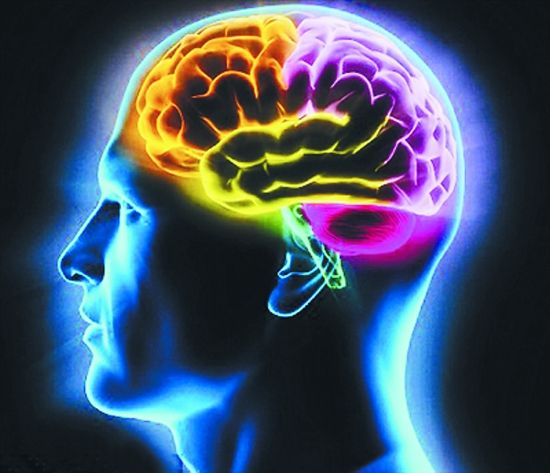And we believe that these responses in higher-order areas are induced or become similar across listeners
我們認為,聽眾這些相似的大腦高層次區塊反應,
because of the meaning conveyed by the speaker, and not by words or sound.
是由講者的語意所觸發,并非文字或聲音本身。
And if we are right, there's a strong prediction over here
倘若推論正確,那么我們相當有把握,
if I tell you the exact same ideas using two very different sets of words,
若以兩種截然不同的語言講述同樣的想法,
your brain responses will still be similar.
大腦的反應仍然會近似。
And to test it, we did the following experiment in my lab.
為了測試,我們在實驗室里做了以下實驗。
We took the English story and translated it to Russian.
我們把這個英語故事翻譯成俄語。

Now you have two different sounds and linguistic systems that convey the exact same meaning.
現在有了兩組不同的聲音和語言系統,傳達完全相同的意思。
And you play the English story to the English listeners and the Russian story to the Russian listeners,
讓英語聽眾聽英語故事,俄語聽眾聽俄語的,
and we can compare their responses across the groups.
比較兩組人的反應。
And when we did that, we didn't see responses that are similar in auditory cortices in language,
當這樣做的時候,我們并沒有在語言的聽覺皮層看到相似的反應,
because the language and sound are very different.
因為語言和聲音迥異。
However, you can see that the responses in high-order areas were still similar across these two groups.
但是,兩組的高階區域的反應仍然相似。
We believe this is because they understood the story in a very similar way,
我們認為,這是因為他們都以相當類似的方式來明了故事內容。
as we confirmed, using a test after the story ended.
故事結束后的測驗證實了這一推論。











